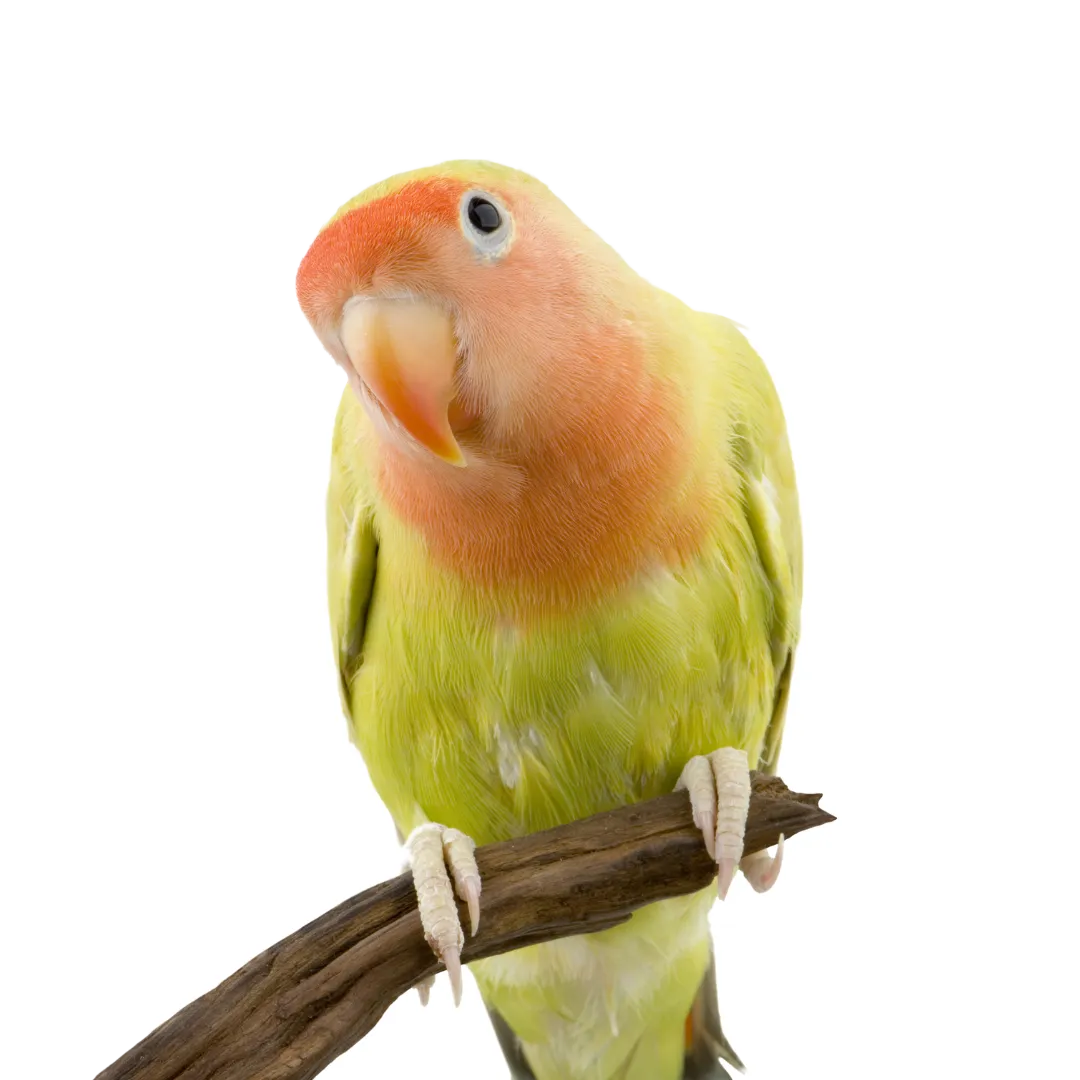
Plucking has multiple underlying causes, and it is rarely due to a single factor. In veterinary practice, we usually group the causes into three main categories: medical, environmental and behavioural. Often, more than one of these categories overlaps. For example, a bird that is already itchy from a skin infection may begin plucking, but the behaviour worsens because its cage is too small and it is bored. Over time, even after the infection clears, the habit of plucking may continue. This shows why plucking must always be approached as a complex issue that needs a thorough, layered solution.
Parasite infestations are treated with safe anti-parasitic medications. Infections are managed with antifungal or antibiotic prescriptions. Pain relief is provided if arthritis or dental disease is involved. Systemic issues, like adrenal disease or organ dysfunction, are addressed with species-specific treatments. Each case requires customised veterinary care.
Birds should move to pellet-based diets supported with vitamin-rich vegetables. Seeds become treats, not main meals. Rabbits and guinea pigs require unlimited hay, leafy greens, and proper vitamin supplementation. Small rodents need balanced blocks and safe chews. Correct diets strengthen the coat and reduce plucking linked to nutritional deficiencies.
Birds benefit from toys, multiple perches, foraging activities, and regular bathing. Sleep schedules should include ten to twelve hours of darkness. Small mammals need large enclosures with hides, tunnels, and dig boxes. Consistent routines reduce anxiety. Clean, ventilated housing free from fumes or drafts is essential for all species.
Owners should keep diaries to track plucking triggers. Interaction must be positive, with puzzle feeding and short training sessions. Ignoring the act while rewarding calm behaviour works best. Punishment worsens stress. In severe cases, vets may suggest pheromone products for cats or anxiety medication under strict supervision.
Birds pluck due to stress, boredom, illness, or poor nutrition. It’s a symptom, not a disease. Always consult a vet to rule out medical causes.
If plucking is caused by parasites or fungal infections, it can spread. Behavioural plucking, however, is not contagious but may trigger stress in cage mates.
Moulting is natural and occurs seasonally, with symmetrical feather loss. Plucking leaves bald spots, broken feathers, or irritated skin, often in irregular patches.
No, plucking rarely resolves without intervention. It usually worsens over time. Veterinary care, diet correction, and environmental enrichment are needed.
Yes, diet plays a big role. Birds need pellets and fresh vegetables; rabbits and guinea pigs need hay and greens. Proper nutrition strengthens skin and fur.